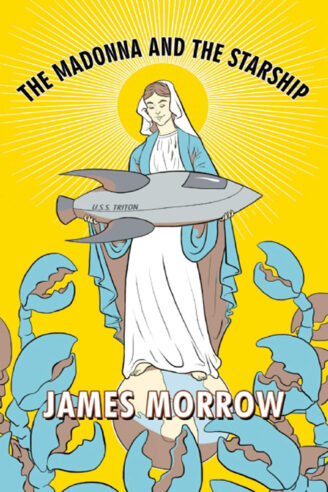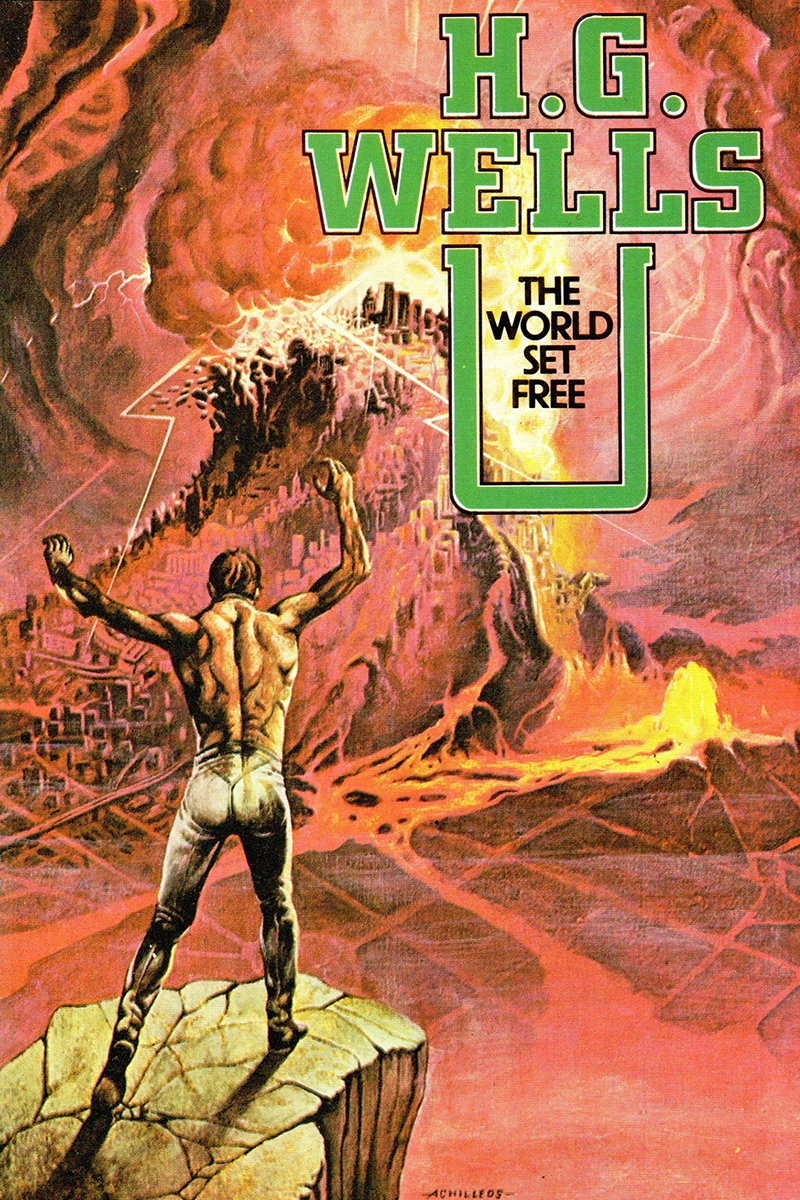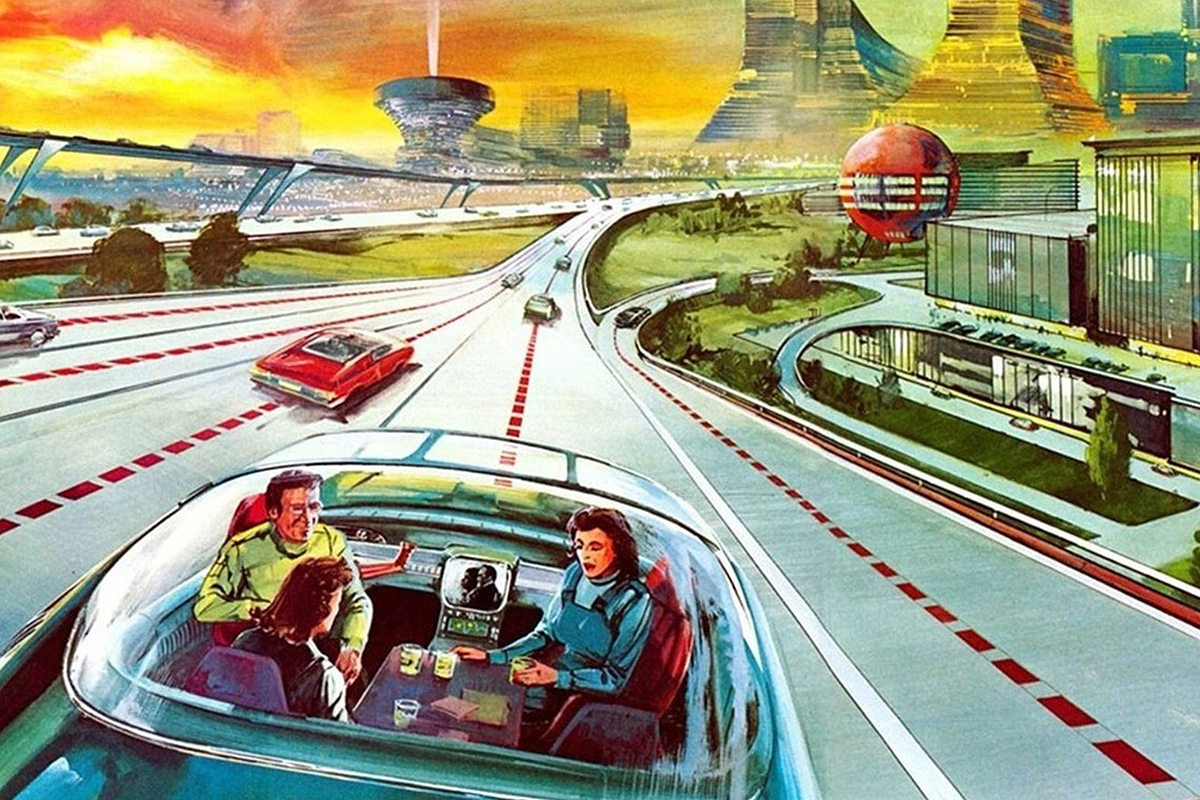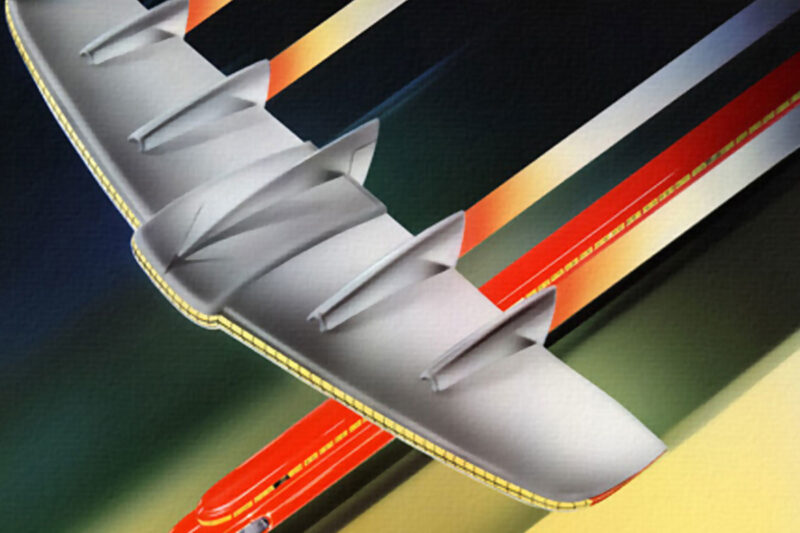Being a voracious reader, I have read many strange books. Sometimes that weirdness is in a poor way, ruining the experience. Sometimes it’s in a fun way, making the book stand out long after you’ve read it. James Morrow’s 2014 novella The Madonna and the Starship is the latter. It is one of the strangest science-fiction novels I have ever read, and one of the most memorable.
It’s 1950s in New York. Television is the hip new medium, its conventions still being worked out. A beleaguered science-fiction writer hosts a children’s adventure show, giving science experiments at the end of each episode. Used to displaying aliens on the silver screen, he is surprised to learn that actual aliens love his show, and they come down to give him an award. Unfortunately, during the ceremony, they learn that his network also broadcasts a Christian show every Sunday. Being unabashed logical positivists and atheists, they find the idea abhorrent and announce they will inject death rays into the broadcast, killing two million believers in North America.
The Madonna and the Starship is filled with period flavor. Through the television network, and also through the science-fiction magazine with which the protagonist has affiliation, you get a glimpse into the origins of science-fiction and fantasy cultures. They are both familiar and a little alien by virtue of the gulf of time, but they are rendered lovingly.
The book’s approach to religion is complicated. The protagonist is an atheist, as are the aliens who wish to kill American believers. A major deuteragonist is Catholic with several questions of her own, but her faith is sincere. On the one hand, the attitude toward believers is something of a wry perplexedness. On the other, it comes down firmly on the side that killing two million people for believing in the divinity of Jesus Christ is wrong. Perhaps it is a commentary on how atheists are capable of great good and great evil. I’m still not sure as to whether to recommend it to religious friends or not.
What I can say is that the book is uproariously funny. Morrow has a razor-sharp wit with a gonzo sensibility that could be described as Hunter S. Thompson meets Robert A. Heinlein (although I suspect that Morrow’s politics are to the left of Heinlein’s). The jokes are wildly original and delivered with expert comedic timing, and I laughed quite a bit.
In my limited experience of reading Morrow’s work (I loved his novella in And the Last Trump Shall Sound and some of his short fiction in magazines), he can be a hard author to describe. The Madonna and the Starship is part period piece, part religious satire and part science-fiction novel; whatever it is, it’s a lot of fun.






2 Comments
Add YoursI’ve met many atheists, and I’m pretty sure that none of them would advocate killing people because of their religious beliefs. Historically, I’d say that the shoe is on the other foot! Alien atheists may be different, however.
Peter Ansoff: Naturally I agree with you. The aliens I created for “The Madonna and the Starship” are no so much atheists as nihilists. Best wishes, James Morrow.